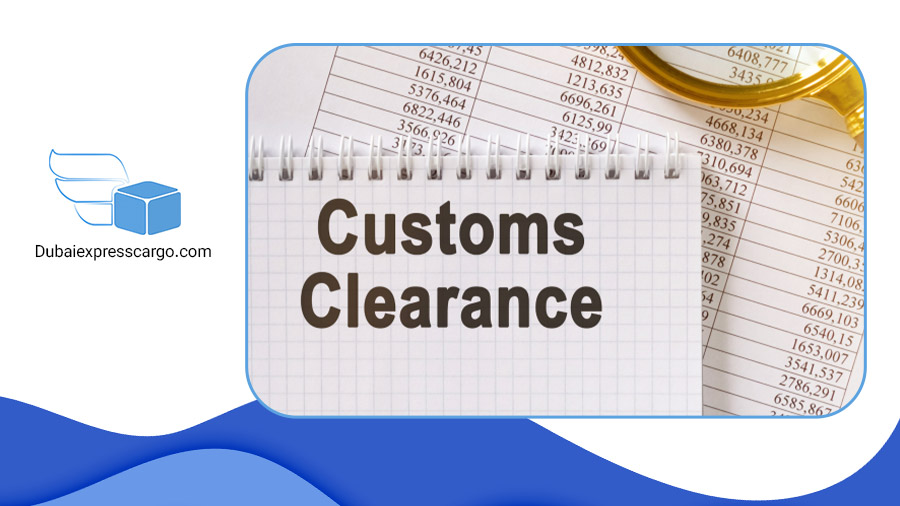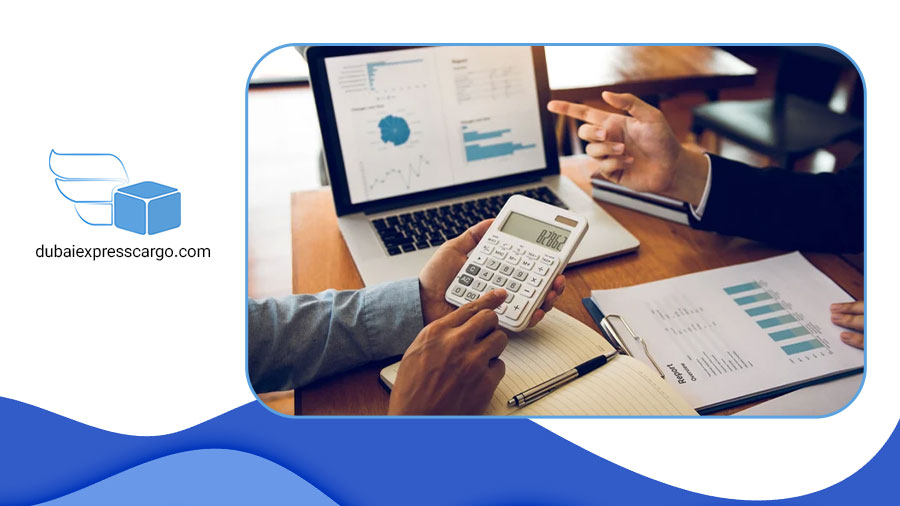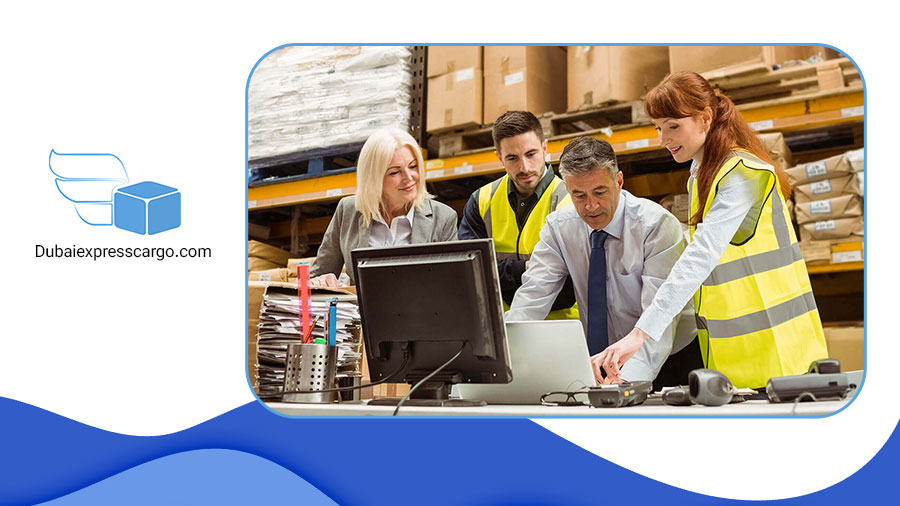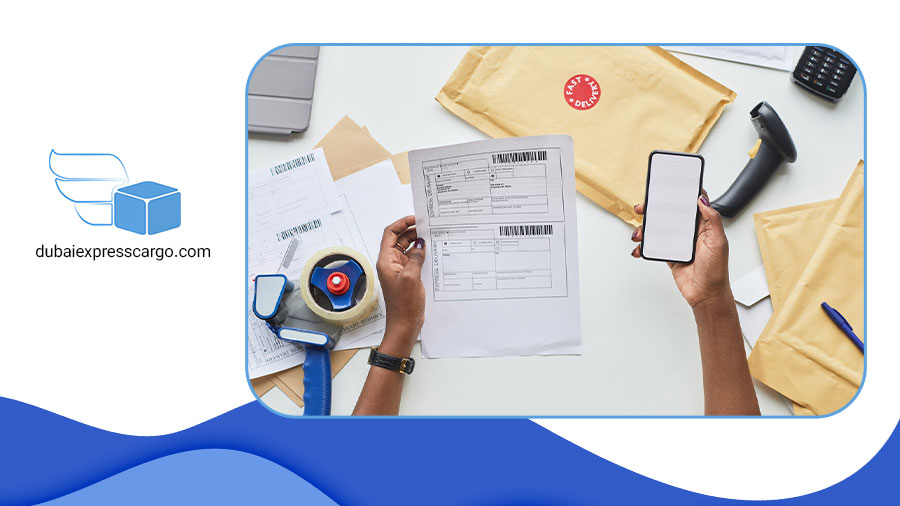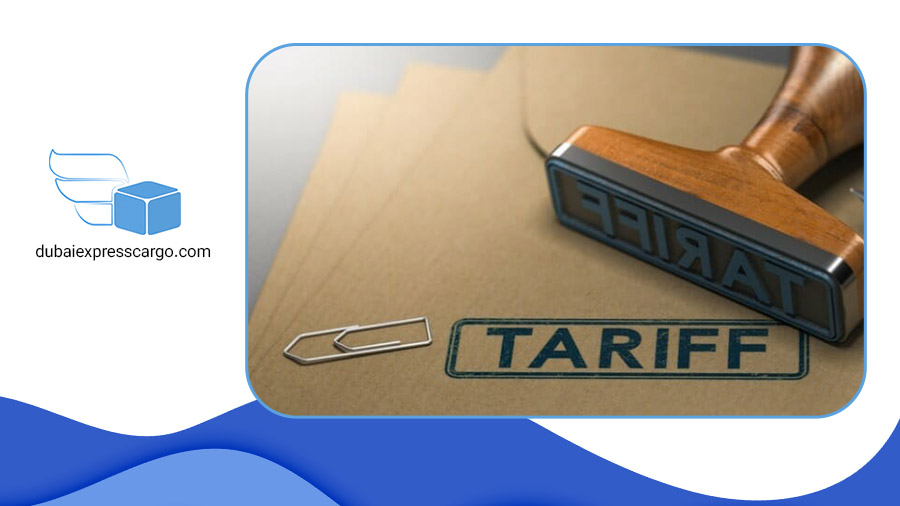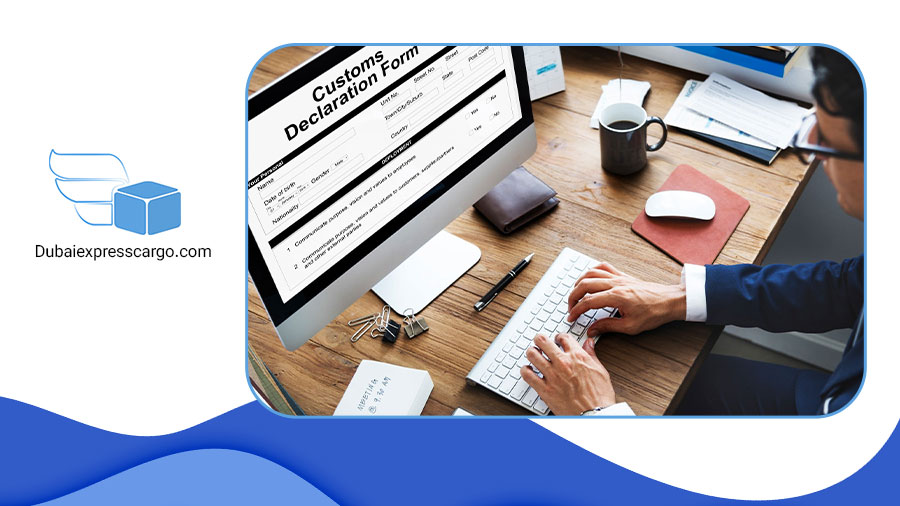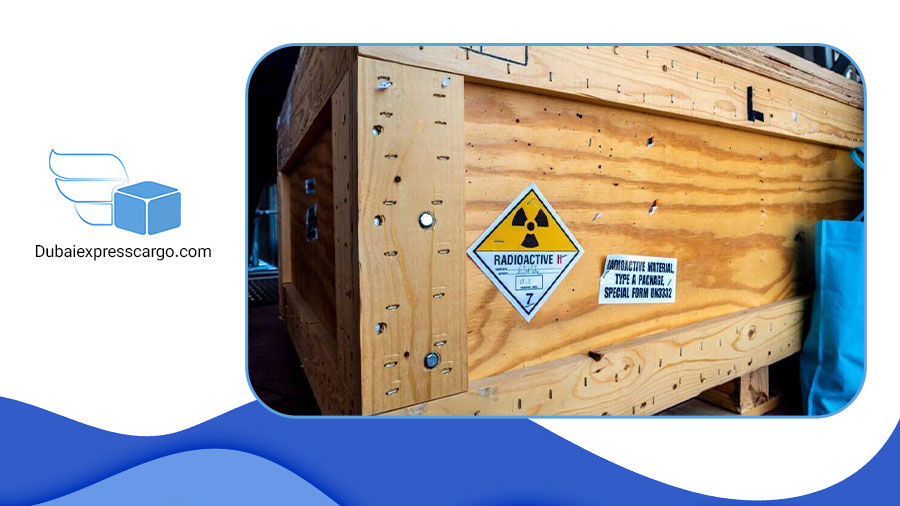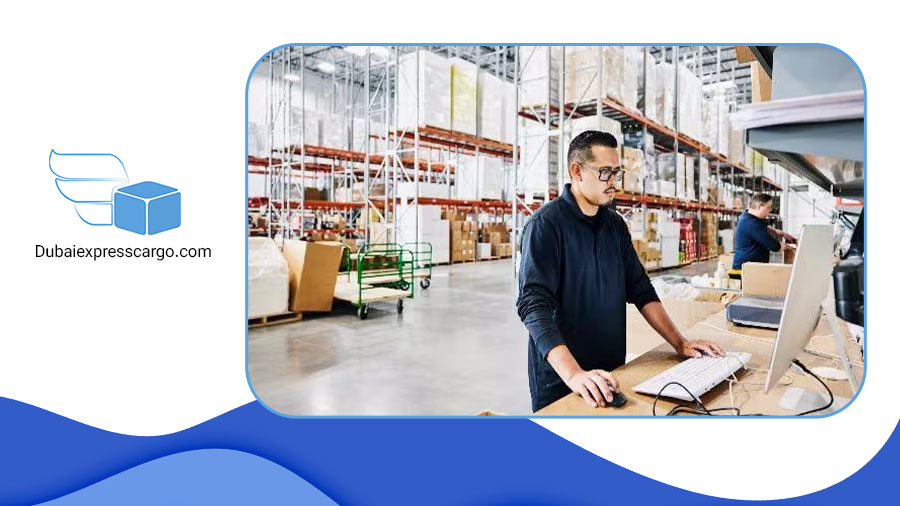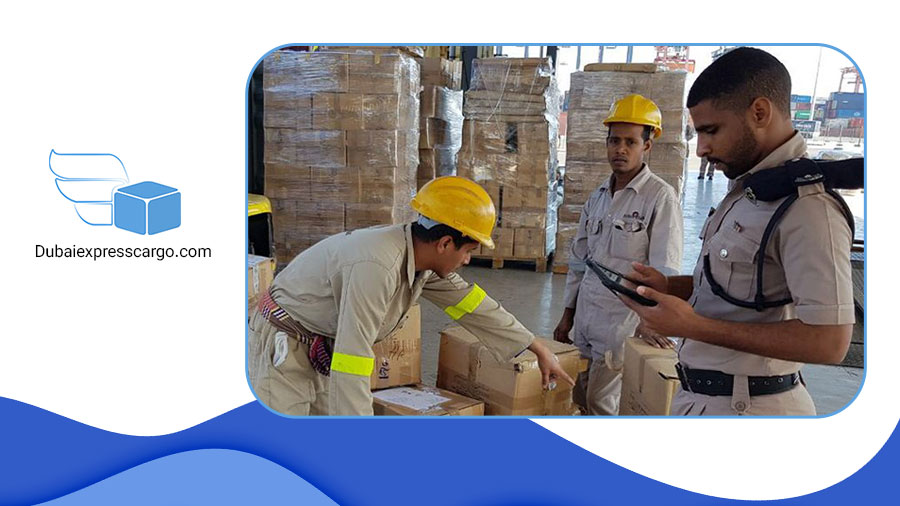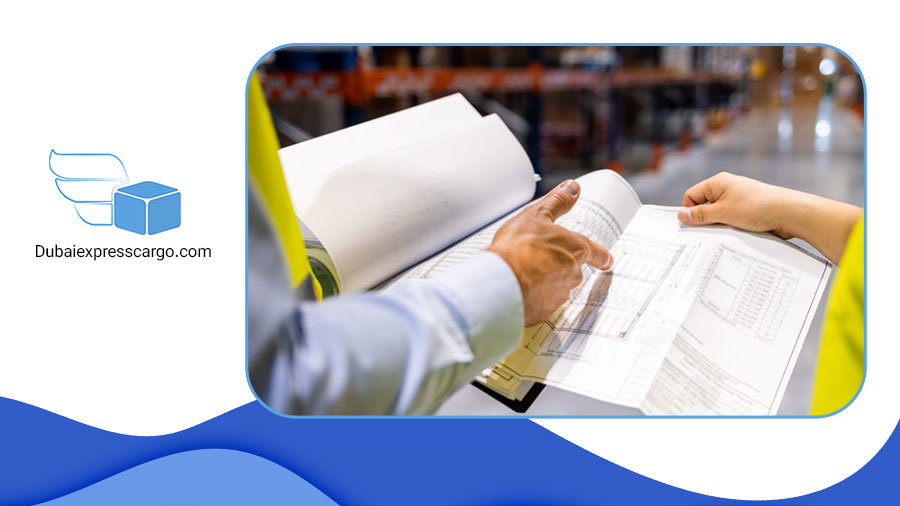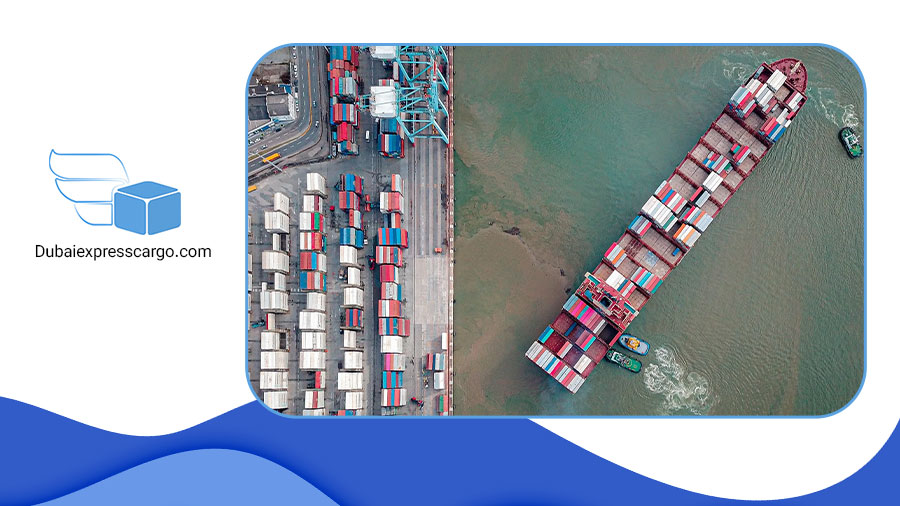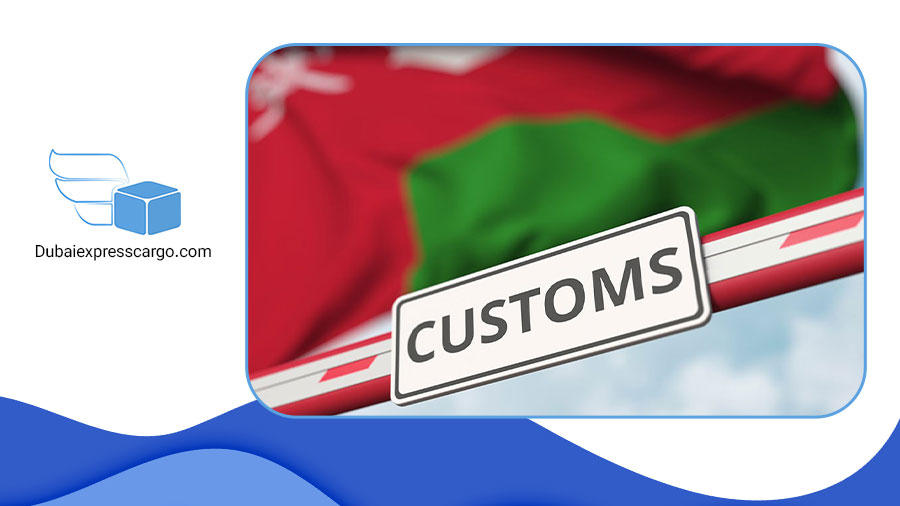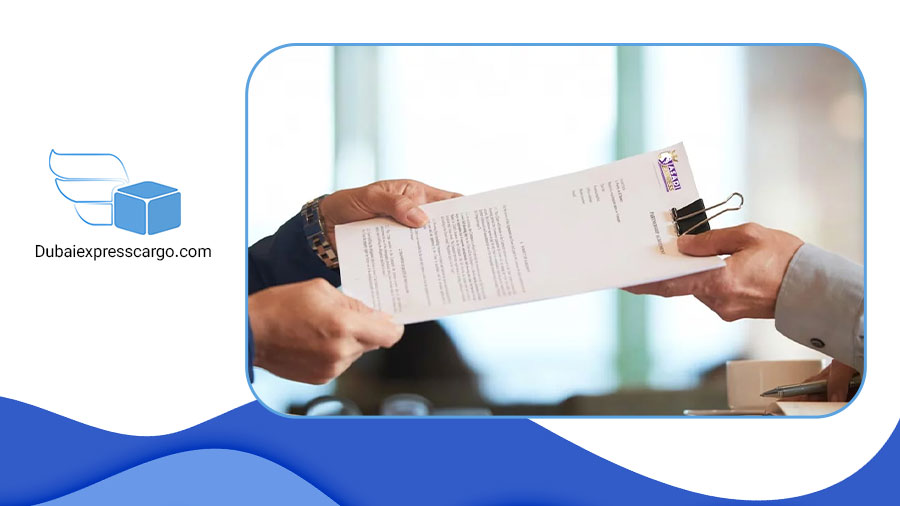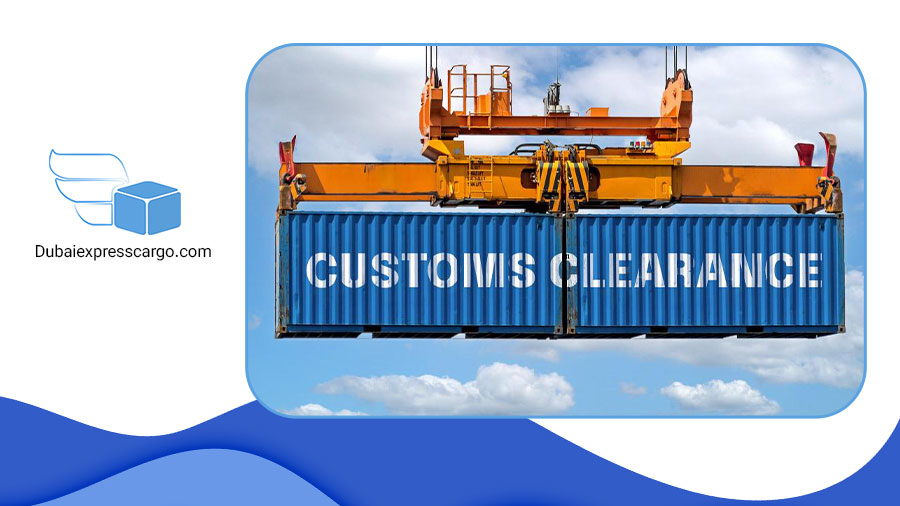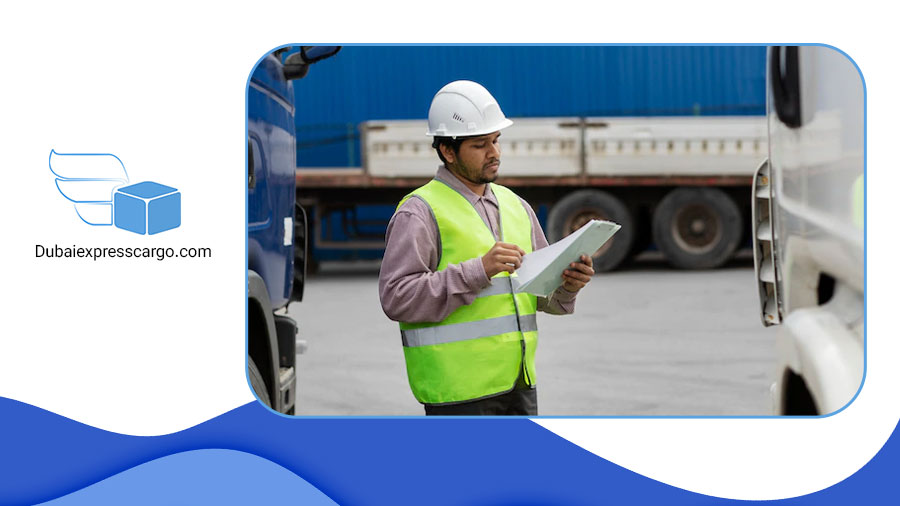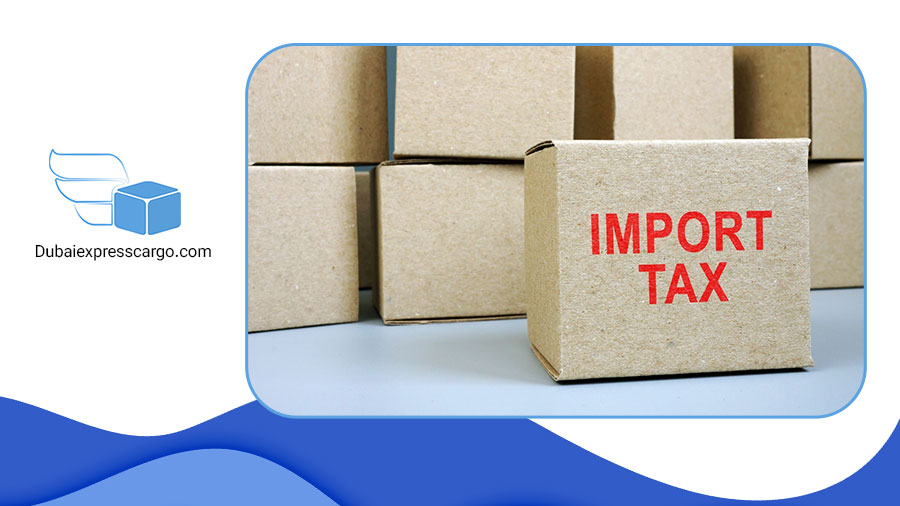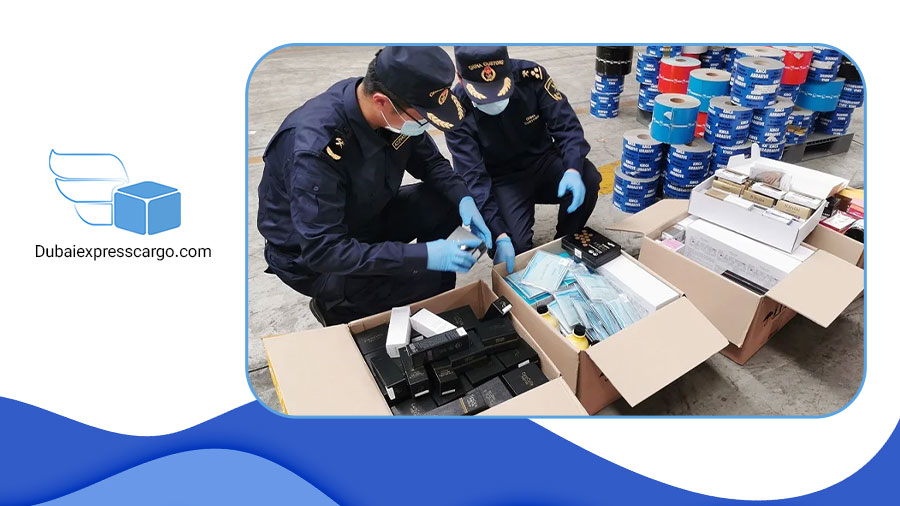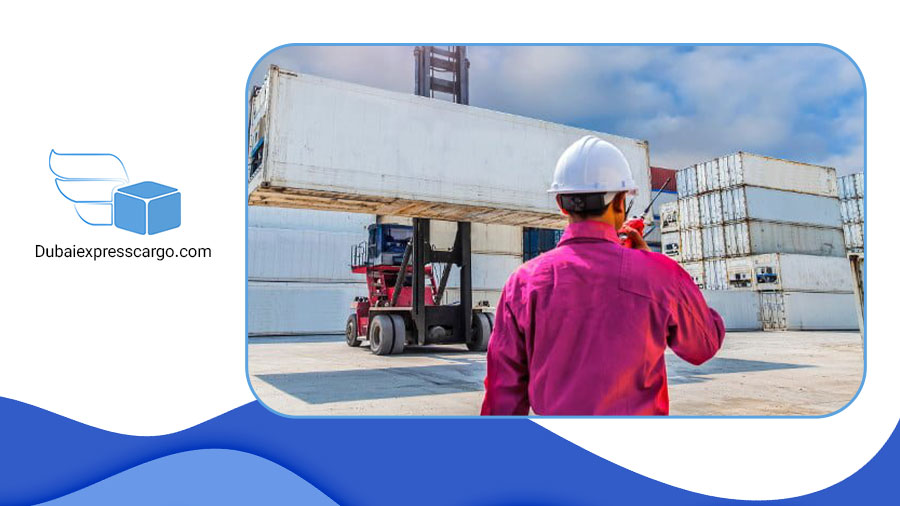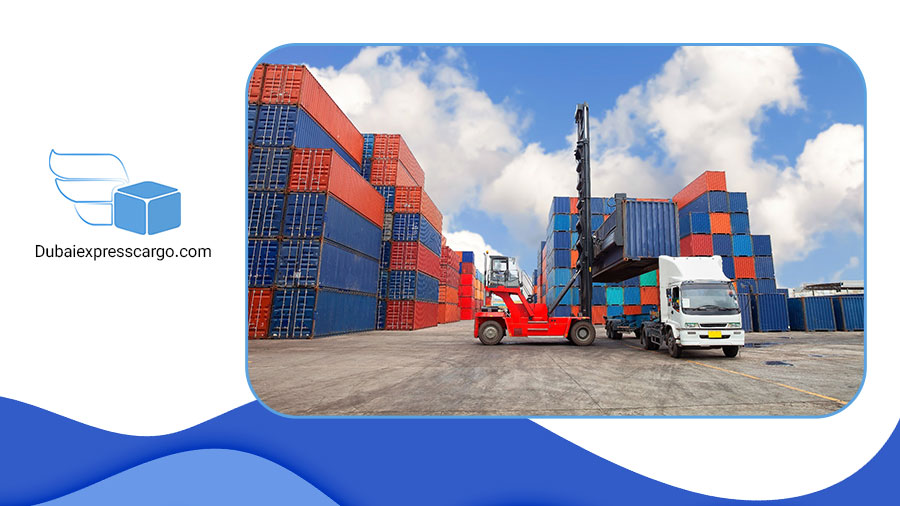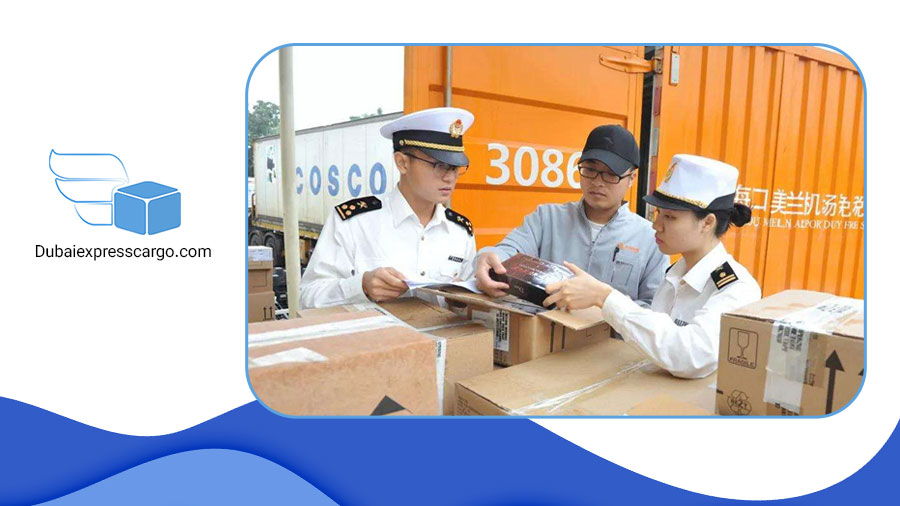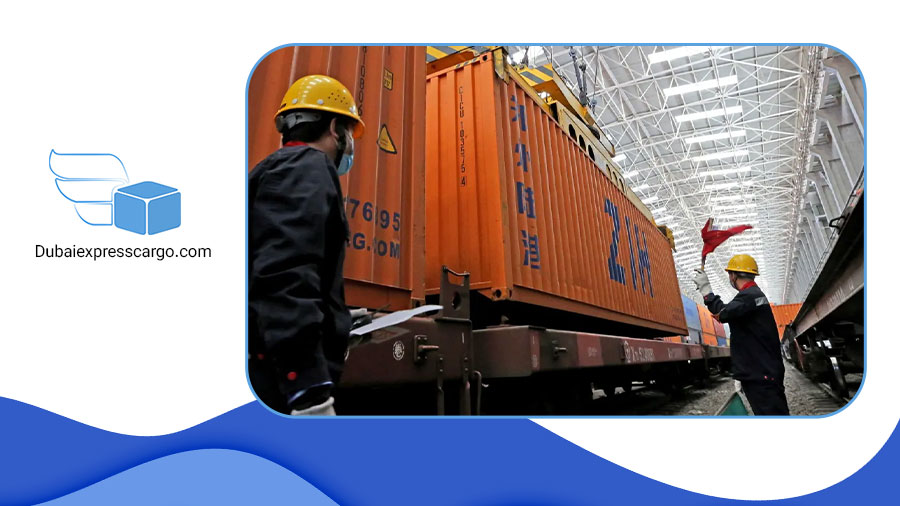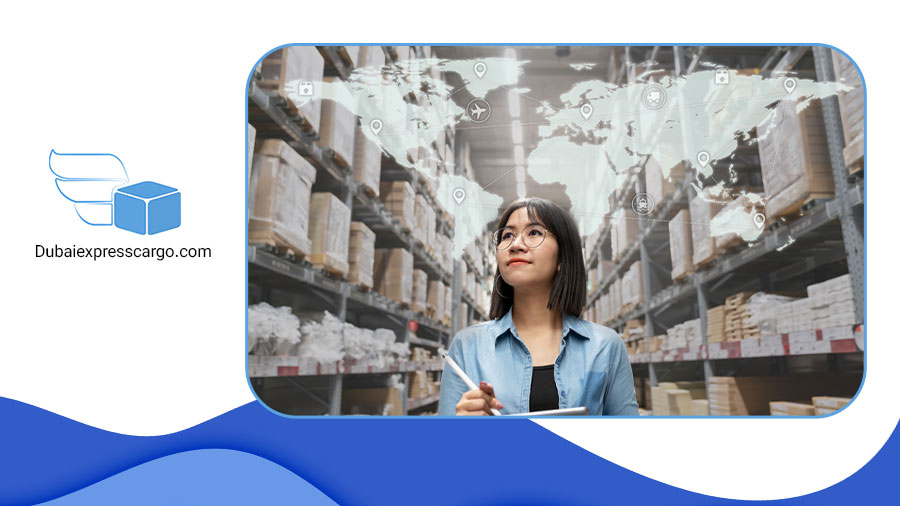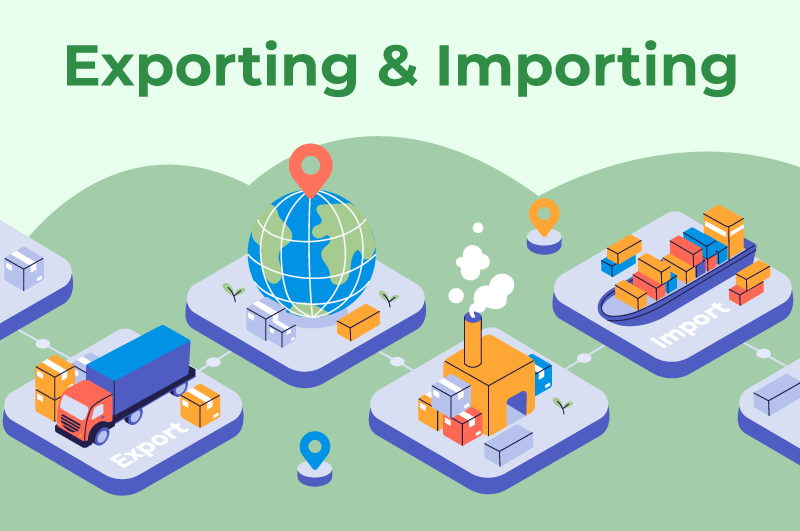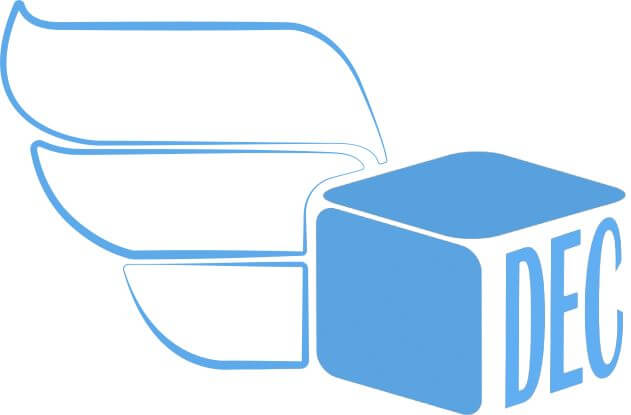Qatar has established efficient customs clearance procedures overseen by the General Authority of Customs (GAC). The GAC employs electronic systems for quicker and error-free customs clearance. Importers must submit electronic declarations and required documents, including a customs declaration, bill of lading, certificate of origin, pro forma invoice, and import license.
Customs duties and taxes are determined based on the Harmonized System code, with the GAC offering a customs duties calculator for estimation. Importers can choose to handle clearance independently or enlist a licensed customs broker for expert assistance in navigating Qatar’s regulations.
The GAC is dedicated to transparent and efficient customs clearance, continually improving services to create a business-friendly environment that supports international trade.
Understanding Qatar’s Customs Clearance Regulations
Qatar’s customs clearance regulations are primarily governed by Law No. 40 of 2002, known as the Customs Law. This comprehensive law outlines the procedures, requirements, and restrictions for importing and exporting goods into or out of Qatar. Executive Regulations and other pertinent legislation supplement the Customs Law.
Key Regulations
- Documentation Requirements:
Importers must submit a detailed customs declaration and supporting documents such as a bill of lading, certificate of origin, packing list, and commercial invoice. Additional documentation may be required depending on the type of goods being imported.
Goods imported into Qatar are subject to customs duties and taxes, which are calculated based on the goods’ Harmonized System (HS) code. Duties and taxes vary depending on the goods type and country of origin. The General Authority of Customs (GAC) provides a customs duties calculator to assist importers in estimating the duties and taxes they will owe.
- Restricted and Prohibited Items:
Certain goods are either restricted or prohibited from entering Qatar. Restricted goods require special permits or licenses, while prohibited goods are banned from importation. Importers must carefully review the restricted and prohibited items list to ensure compliance.
The customs value of imported goods is determined using the World Trade Organization (WTO) Customs Valuation Agreement. This method ensures that customs values are fair and transparent, preventing under- or over-valuation of goods.
- Customs Clearance Process:
The customs clearance process involves:
- Submitting the necessary documents.
- Paying applicable duties and taxes.
- Undergoing customs inspection if required.
Importers can choose to handle the clearance process themselves or engage a licensed customs broker for assistance.
- Enforcement and Penalties:
The GAC is responsible for enforcing customs regulations and imposes penalties for non-compliance. Penalties may include fines, seizure of goods, and even legal action. Importers are advised to familiarize themselves with Qatar’s customs regulations to avoid potential penalties.
- Compliance and Best Practices:
To ensure a smooth and compliant customs clearance process, importers should:
- Carefully review Qatar’s customs regulations and documentation requirements.
- Classify goods accurately using the Harmonized System (HS) codes.
- Prepare accurate and complete customs documentation.
- Pay applicable duties and taxes promptly.
- Seek assistance from licensed customs brokers for complex or unfamiliar shipments.
- Stay informed about updates to customs regulations.
Essential Documentation for Customs Clearance in Qatar
Accurately prepared and complete documentation is crucial for a smooth and efficient customs clearance process. Importers in Qatar must provide a set of essential documents to ensure compliance with customs regulations and facilitate the clearance of their goods.
1. Commercial Invoice: The commercial invoice is the official invoice for the imported goods.
The exporter must issue it and contain specific details, including:
a. Invoice number and date
b. Names and addresses of the exporter and importer
c. The goods’ description includes quantity, unit price, and total value. Country of origin of the goods
e. HS code of the goods
f. Signature and stamp of the exporter
2. Packing List: The packing list provides a detailed description of the packaging and contents of the shipment.
It should include:
a. Invoice number
b. Description of each package, including type, dimensions, and gross and net weight
c. An itemized list of goods, including quantity and description
d. Signature and stamp of the exporter or packer
3. Bill of Lading: The bill of lading is the legal document that shows ownership and transfer of goods during shipment.
The carrier must issue it, and it should contain the following:
a. Details of the shipper, consignee, and carrier
b. Description of the goods, including quantity, packaging, and marks
c. Port of loading and port of discharge
d. Date of issue and signature of the carrier
4. Certificate of Origin: The certificate of origin certifies the country of origin of the goods. It is often required for preferential tariff treatment under trade agreements.
The certificate should include:
a. Name and address of the issuer
b. Description of the goods
c. Country of origin of the goods
d. Signature and stamp of the issuer
5. Import License: Importers may need an import license from the relevant government authority for certain types of goods. The import license should be attached to the customs declaration.
Related Article: SHIPPING TIME: KEY FACTORS TO CONSIDER
Importance of Accurate and Complete Documentation
Accurate and complete documentation is essential for several reasons:
1. Compliance with Customs Regulations: It ensures that importers adhere to Qatar’s customs regulations, avoiding penalties and potential legal consequences.
2. Duty Assessment: Customs authorities use the documentation to determine the applicable duties and taxes for the imported goods. Accurate valuation and classification are crucial for calculating the correct duties.
3. Customs Clearance Process: Complete documentation expedites the customs clearance process, minimizing delays and ensuring the timely release of goods.
4. Dispute Resolution: In case of disputes or discrepancies, accurate documentation serves as evidence to support the importer’s claims.
Customs Duties and Taxes in Qatar
Customs duties and taxes are essential components of Qatar’s international trade regulations, serving as a means of revenue generation and protection of domestic industries.
These charges are levied on imported goods and significantly shape the import/export process.
Types of Customs Duties and Taxes
Qatar imposes two main types of customs duties and taxes:
- Ad Valorem Duty: This duty is calculated as a percentage of the customs value of the imported goods. The customs value is determined based on the transaction value, which includes the cost of the goods, insurance, and freight (CIF) to the port of entry. The ad valorem duty rate varies depending on the goods type and country of origin.
- Specific Duty: This duty is fixed per unit of quantity of the imported goods. It is typically levied on goods that are difficult to value or subject to specific government policies. The government determines the duty rate, and is specified in the customs tariff schedule.
In addition to customs duties, Qatar also imposes excise taxes on certain goods, such as tobacco products, alcohol, and carbonated drinks. Excise taxes are levied on top of customs duties and are intended to discourage consumption of these goods.
Calculation of Customs Duties and Taxes
The total customs duties and taxes payable for imported goods are calculated as follows:
Total Customs Duties and Taxes = Ad Valorem Duty + Specific Duty + Excise Tax (if applicable)
The ad valorem duty is calculated by multiplying the customs value of the goods by the applicable ad valorem duty rate. The specific duty is calculated by multiplying the quantity of the goods by the applicable specific duty rate.
Excise taxes are calculated separately based on the excise tax rate for each type of good.
Impact on Import/Export Process
Customs duties and taxes significantly impact the cost of imported goods, affecting consumer prices. Higher customs duties and taxes can make imports more expensive, potentially discouraging consumption and protecting domestic industries.
On the other hand, lower customs duties and taxes can make imports more affordable, stimulating economic activity and consumer choice.
To facilitate the import/export process, Qatar has implemented a transparent and efficient customs clearance system. The General Authority of Customs (GAC) provides a comprehensive set of guidelines and procedures for importers and exporters, including online services for customs declaration and duty payment.
Related Article: THE CHEAPEST WAY TO SHIP TO QATAR
Step-by-Step Guide to the Customs Declaration Process in Qatar
The customs declaration process is a crucial step in importing goods into Qatar. It involves submitting detailed information about the imported goods to the General Authority of Customs (GAC) for assessment and valuation. This guide provides a step-by-step overview of the process and highlights the essential information required.
Step 1: Prepare the Required Documents
Before initiating the customs declaration process, ensure you have gathered all the necessary documents, including:
- Commercial Invoice
- Packing List
- Bill of Lading
- Certificate of Origin
- Import License (if applicable)
- Customs Declaration Form (M100)
Step 2: Complete the Customs Declaration Form (M100)
The Customs Declaration Form (M100) is the primary document for declaring imported goods. It requires detailed information, such as:
- Importer’s name, address, and contact information
- Exporter’s name, address, and contact information
- Country of origin of the goods
- HS Code of the goods
- Description of the goods, including quantity, unit price, and total value
- Customs value of the goods
- Mode of transport and port of entry
- Signature and stamp of the importer or authorized representative
Step 3: Submit the Customs Declaration and Supporting Documents
Once the Customs Declaration Form (M100) and supporting documents are complete, submit them to the GAC electronically through the “Mirsal 2” system or physically at the designated customs clearance office.
Step 4: Customs Assessment and Valuation
The GAC will review the submitted documents and assess the customs value of the goods. If necessary, the GAC may request additional documents or physically inspect the goods.
Step 5: Payment of Customs Duties and Taxes
The importer will receive a customs duty payment notice Upon determining the customs value and applicable duties and taxes. The duties and taxes must be paid within the specified timeframe.
Step 6: Customs Clearance and Release of Goods
The GAC will issue a customs clearance permit once the customs duties and taxes are paid. The importer can collect the released goods from the designated customs clearance point.
Insight into Required Information
The customs declaration process requires accurate and detailed information about the imported goods. This information is crucial for customs assessment, valuation, and duty calculation. Key details include:
- Description of Goods: Provide a precise description of the goods, including their name, type, material, and specifications.
- Quantity and Unit Price: Accurately state the quantity of each item and its corresponding unit price.
- Customs Value: Determine the customs value based on the transaction value, including CIF costs.
- Country of Origin: Identify where the goods were manufactured or produced.
- HS Code: Assign the correct HS code to classify the goods for customs purposes.
- Importer and Exporter Information: Provide accurate contact details for both the importer and exporter.
Accuracy and Completeness Matter
Submitting accurate and complete information during the customs declaration process is essential for several reasons:
- Compliance with Customs Regulations: It ensures adherence to Qatar’s customs laws and avoids potential penalties.
- Correct Duty Calculation: Accurate information leads to the correct calculation of customs duties and taxes, preventing overpayment or underpayment.
- Smooth Customs Clearance: Complete documentation expedites the customs clearance process, minimizing delays and ensuring the timely release of goods.
- Dispute Resolution: In case of discrepancies, accurate information serves as evidence to support the importer’s claims.
Importance of Customs Brokers in Facilitating the Customs Clearance Process
Customs clearance procedures can be difficult for importers, especially if they don’t know Qatar’s rules. Customs brokers help make importing goods easier and ensure they meet all the necessary requirements.
Customs brokers are licensed professionals who know a lot about customs rules, paperwork, and how to value goods. They help importers and the General Authority of Customs (GAC) by providing services that make the customs clearance process faster and easier.
Benefits of Utilizing Customs Brokers:
- Expertise and Knowledge: Customs brokers like Dubai Express Cargo possess in-depth knowledge of Qatar’s customs laws, regulations, and procedures, ensuring that importers fully comply with all requirements.
- Efficient Documentation Preparation: Customs brokers can prepare all necessary customs documentation, including the customs declaration form, supporting documents, and special permits or licenses.
- Classification and Valuation: Customs brokers can accurately classify imported goods using the Harmonized System (HS) codes and determine their customs value, ensuring correct duty calculation.
- Representation and Communication: Customs brokers act as representatives for importers, communicating with the GAC on their behalf, resolving issues, and providing updates throughout the clearance process.
- Risk Mitigation: Customs brokers can identify potential risks or non-compliance issues, minimizing the likelihood of delays, penalties, or legal consequences.
Choosing a Reliable Customs Broker in Qatar:
- Experience and Reputation: Select a customs broker with a proven track record of successfully handling imports into Qatar. Read reviews and seek recommendations from other importers.
- Licensing and Registration: Ensure the customs broker is licensed and registered with the GAC, verifying their professional qualifications and adherence to regulatory standards.
- Area of Expertise: Choose a customs broker specializing in the type of goods you are importing, ensuring they are familiar with the specific regulations and requirements for that category.
- Communication and Transparency: Maintain open and clear communication with the customs broker throughout the process, ensuring you are informed of any developments or issues.
- Fee Structure and Service Agreement: Clearly understand the customs broker’s fee structure and the scope of services they provide, ensuring no hidden costs or misunderstandings.
Restricted and Prohibited Items in Qatar
Qatar enforces strict regulations on importing certain goods, classifying them as restricted or prohibited. Understanding and adhering to these restrictions is crucial for importers to avoid complications, delays, and potential penalties.
Restricted Goods
Restricted goods require special permits or licenses for importation. Importers must obtain the necessary authorization from the relevant government authority before bringing these goods into the country. Examples of restricted goods include:
- Live animals and animal products: These may require health certificates, permits from the Ministry of Agriculture, or adherence to specific quarantine procedures.
- Plants and plant products: Phytosanitary certificates, permits from the Ministry of Agriculture, or adherence to specific pest control measures may be required.
- Pharmaceutical and medical products require approval from the Ministry of Public Health and may be subject to special storage and handling regulations.
- Weapons and ammunition: Importation is strictly controlled and requires permits from the Ministry of Interior.
- Communication equipment: Permits from the Communications Regulatory Authority (CRA) are necessary for importing certain types of communication devices.
Prohibited Goods
Prohibited goods are strictly banned from importation into Qatar. Attempting to bring these goods into the country will result in confiscation and potential legal consequences. Examples of prohibited goods include:
- Narcotic drugs and substances: Possession, trafficking, or importation of illegal drugs is a serious crime in Qatar.
- Pornographic materials: Any form of pornography, including printed materials, electronic files, or devices containing such content, is prohibited.
- Counterfeit goods: Replicas or imitations of trademarked or copyrighted goods are illegal and subject to seizure.
- Alcohol and pork products: Qatar adheres to Islamic principles and prohibits the importation of alcoholic beverages and pork products.
Compliance Guidance
To avoid complications and ensure compliance with Qatar’s import regulations, importers should:
- Familiarize themselves with the lists of restricted and prohibited goods: Regularly review the updated lists provided by the General Authority of Customs (GAC).
- Obtain necessary permits and licenses: For restricted goods, apply for the required permits or licenses from the relevant government authority well in advance of the shipment’s arrival.
- Declare restricted goods accurately: Disclose restricted goods on the customs declaration form and provide any supporting documentation required for the permit or license.
- Avoid prohibited goods: Do not attempt to import prohibited goods into Qatar, as this can result in serious legal consequences.
- Seek clarification from the GAC: If you have any doubts about the classification or permissibility of certain goods, contact the GAC for clarification before proceeding with the importation.
Overview of Electronic Customs Systems in Qatar
Qatar has implemented a comprehensive suite of electronic customs systems to streamline and modernize the customs clearance process for importers. These systems provide a convenient and efficient platform for submitting customs declarations, managing documentation, and making payments, significantly reducing processing times and enhancing the overall import experience.
Key Electronic Customs Systems
- Mirsal 2: This is the primary electronic customs clearance system used in Qatar. Importers can use Mirsal 2 to submit customs declarations, upload supporting documents, track the status of their shipments, and make customs duty payments electronically.
- Al Nadeeb Clearance System: This system facilitates the electronic clearance of goods at Qatar’s ports and borders. It enables electronic submission of customs declarations, real-time cargo tracking, and electronic payment of customs duties and taxes.
- Qatar Customs Duties Calculator: This online tool allows importers to estimate the customs duties and taxes applicable to their goods based on the Harmonized System (HS) code.
Benefits of Utilizing Electronic Customs Systems
- Reduced Paperwork: Electronic submission of customs declarations and supporting documents eliminates the need for physical paperwork, saving time and resources.
- Faster Processing: Automation and real-time data exchange significantly expedite the customs clearance process, reducing delays and ensuring quicker release of goods.
- Enhanced Transparency: Importers can track the status of their shipments and customs declarations in real-time, providing greater visibility and control over the process.
- Error Minimization: Electronic systems reduce the risk of human error, ensuring accuracy and consistency in data processing.
- Convenient Access: Importers can access and manage their customs declarations and payments from anywhere with an internet connection.
How Importers Can Utilize Electronic Customs Systems
- Register for Electronic Services: Importers must register with the General Authority of Customs (GAC) to access electronic customs services. The registration process is straightforward and can be completed online.
- Obtain Digital Signature: To submit electronic customs declarations, importers need to obtain a digital signature from a certified provider. This digital signature ensures the authenticity and integrity of the submitted documents.
- Prepare Electronic Documents: Scan and convert all supporting documents into electronic formats, such as PDF, for submission through the electronic systems.
- Familiarize with System Guidelines: Carefully review each electronic customs system’s user manuals and guidelines to ensure proper usage and compliance.
- Seek Assistance: Contact the GAC’s helpdesk if you encounter difficulties or have questions.
Customs Enforcement and Penalties in Qatar
Role of Customs Authorities
Qatar’s General Authority of Customs (GAC) is responsible for enforcing customs laws and regulations, ensuring compliance with import and export procedures, and protecting the country’s borders from illegal trade. The GAC’s duties include:
- Risk Assessment and Targeting: Identifying high-risk shipments and targeting them for inspection to prevent smuggling and other illegal activities.
- Customs Clearance Supervision: Monitoring the customs clearance process to ensure the accuracy of declarations, valuation of goods, and payment of customs duties and taxes.
- Post-Clearance Audits: Conducting post-clearance audits to verify compliance with import and export regulations and identify potential discrepancies.
- Investigations and Prosecutions: Investigating customs violations and initiating legal proceedings against individuals or entities involved in smuggling, undervaluation, or other offenses.
Enforcement Mechanisms
The GAC utilizes various enforcement mechanisms to uphold customs laws and regulations, including:
- Physical Inspection: Inspecting imported and exported goods to verify their description, classification, and value.
- Documentation Review: Scrutinizing customs declarations and supporting documents to ensure accuracy and compliance.
- Electronic Surveillance: Monitoring electronic data and cargo tracking systems to identify suspicious activities.
- Risk Profiling: Analyzing importer and exporter profiles to identify potential risks and prioritize inspections.
- International Cooperation: Collaborating with customs authorities in other countries to combat cross-border smuggling and illegal trade.
Penalties for Non-Compliance
Non-compliance with Qatar’s customs laws and regulations can result in severe penalties, including:
- Administrative Fines: Importers may be fined for undervaluing goods, failing to submit accurate declarations, or violating import or export restrictions.
- Confiscation of Goods: Goods involved in customs offenses may be seized by the GAC.
- Criminal Charges: Smuggling, trafficking of prohibited goods, or other serious violations may result in criminal charges and imprisonment.
Avoiding Penalties
To avoid customs penalties, importers should:
- Accurately Declare Goods: Provide complete and accurate information on customs declarations, including the description, quantity, and value of goods.
- Classify Goods Correctly: Assign the correct Harmonized System (HS) code to classify goods for customs valuation and duty calculation.
- Obtain Necessary Permits: Obtain the required permits or licenses for restricted goods before importation.
- Seek Expert Advice: Consult with customs brokers or legal professionals for guidance on complex customs regulations or specific goods.
- Stay Informed: Keep up-to-date with changes in customs laws and regulations to ensure compliance.
Conclusion
Navigating Qatar’s customs clearance procedures can be simplified by understanding the legal framework, essential documentation, duties and taxes, restricted and prohibited items, electronic systems, and enforcement mechanisms.
By adhering to these guidelines and staying informed about updates in customs regulations, importers can ensure a smooth and compliant import experience.
Dubai Express Cargo, as a customs agency, can assist importers in navigating the complexities of Qatar’s customs regulations and ensuring compliance.
